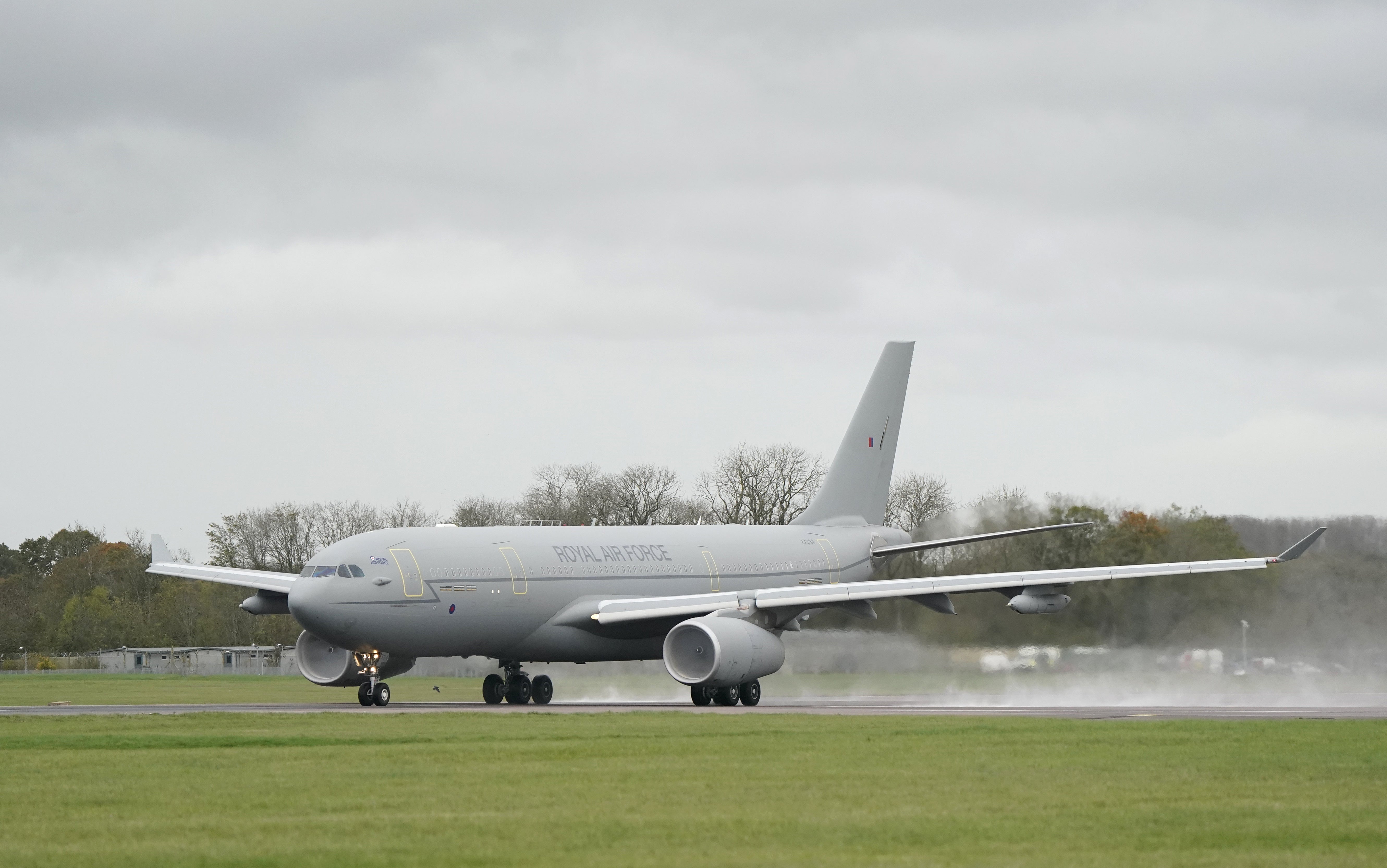This website uses cookies so that we can provide you with the best user experience possible. Cookie information is stored in your browser and performs functions such as recognising you when you return to our website and helping our team to understand which sections of the website you find most interesting and useful.
Support truly
independent journalism
Our mission is to deliver unbiased, fact-based reporting that holds power to account and exposes the truth.
Whether $5 or $50, every contribution counts.
Support us to deliver journalism without an agenda.

Louise Thomas
Editor
Airline passengers will be shown the environmental impact of flights when using booking websites and apps under new plans.
Regulator the Civil Aviation Authority (CAA) said it wants to enable consumers to make more informed choices, as it launched a consultation on the proposal at the Farnborough International Airshow in Hampshire.
If the requirement is introduced, airlines operating flights to, from and within the UK will be required to present environmental information that is accurate, understandable and accessible.
Standardised units such as kilograms of carbon dioxide or carbon dioxide equivalent per passenger journey will be mandatory.
CAA director of policy Tim Johnson said: “Providing consumers with accessible, transparent and accurate environmental information is essential to making more informed travel choices.
“Our new proposals aim to standardise this information across all platforms, enabling passengers to more easily compare the environmental impact of their flights.
“This initiative is a significant step towards greater transparency and improved sustainability in the aviation industry.”
CAA head of sustainability Harry Armstrong said: “All of us want to do our bit to lower our environmental impact, but making informed choices is difficult to do when the data is not available.
“That is why we’ve put forward proposals to ensure that consumers can make decisions about their travel plans by having environmental data available at the point of booking.”

If the proposal is given the go-ahead the policy could come into force from early next year.
The carbon impact of flights depends on a number of factors, such as the distance travelled, the number of passengers on board and the type of aircraft.
Sustainable aviation fuel (Saf) is seen as vital to reduce the aviation industry’s carbon emissions.
It is made from sustainable sources such as agricultural waste and used cooking oil, meaning its production involves using about 70% less carbon.
Saf is currently much more expensive to produce than conventional jet fuel.
The UK has a target of having at least five commercial Saf plants in construction by next year.
In last week’s King’s Speech, the Government included a Bill involving a revenue certainty mechanism for Saf producers who invest in new UK plants.



 Africana55 Radio
Africana55 Radio 
